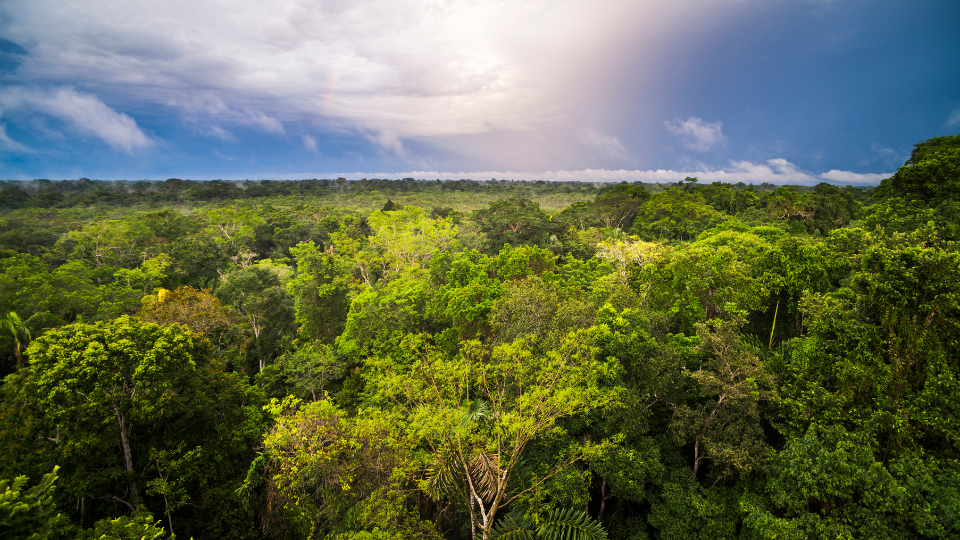The holding of COP30 in Belém, State of Pará, in 2025 represents a turning point for Brazil and the business industry when it comes to cementing the ESG agenda as a strategic development vector. The choice of the Amazon as the host of the world’s leading climate conference is not by chance, on the contrary, it is imbued with symbolism and sense of responsibility: it places the country not only as a holder of strategic environmental assets, but as a potential global leader in the transition to a low-carbon, inclusive, and regenerative economy.
This new role demands more than environmental diplomacy — it imposes structural changes in the ways companies operate, communicate, and undertake accountability towards society and the environment. The adoption of ESG practices in Brazil has been growing, driven by increasingly strong pressures from institutional investors, conscious consumers, regulators, and stakeholders in tune with socio-environmental responsibility. The effective integration of these principles into the core of business decisions has ceased to be a competitive edge to become a priority for survival and legitimacy.
The international scenario, however, adds complexity to this equation. Although climate change is already an undeniable reality — with impacts on production chains, public policies, and market stability — there is, paradoxically, a movement of resistance to the ESG agenda in certain sectors, often associated with anti-regulatory discourses or financial short-termism.
The fact is that such ambiguity creates tension, but also opens space for Brazil to strengthen its role as a positive reference: a country that combines biodiversity with innovation, and environmental responsibility with competitiveness.
COP30 can be the right opportunity to further this repositioning, given that it is accompanied by concrete institutional advances. A movement to strengthen environmental regulation is expected, with a focus on traceability, climate due diligence, transparency, and governance. This will directly impact legal departments, which will need to structure more elaborate contractual instruments, incorporate ESG clauses into M&A, financing and supply agreements, and operate with greater integration among the areas of compliance, sustainability, and corporate governance.
On the government side, the conference tends to accelerate investments in green infrastructure, technological innovation, and policies to promote the bioeconomy, especially in Brazil’s North Area. The legal challenge will be to turn these intentions into effective regulatory frameworks, secure contractual instruments, and public-private partnerships that observe both legality and international socio-environmental commitments. Corporate law and specialized firms play a central role in this design: not only advising legally, but acting as structuring agents of the new green economy.
Undeniably, companies able to understand and seize the moment as an opportunity — and not as a burden — will be better prepared to lead markets that value impact, institutional strength, and purpose. COP30, in this sense, will not only be a climate event: it will be a geopolitical, legal, and business laboratory of what could be the future of the economy in the 21st century. And Brazil, with all its contradictions and potentialities, has the chance to become the blueprint — as long as the discourse translates into action.
Autor: Guilherme da Costa Ferreira Pignaneli • email: guilherme.pignaneli@ernestoborges.com.br

